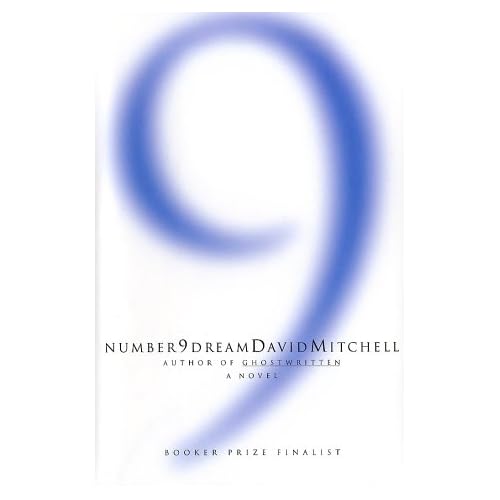"
The Book of Basketball," by Bill Simmons
9/10, a thorough review of the history of basketball in the NBA
All sports are, at their heart, human stories. We like to reduce them to box scores and statistics, but the best stories are the ones about the people behind the numbers. Simmons has been following the NBA up close for over thirty years, and he knows the people as well as the numbers. Better yet, he knows how the people and the numbers go together. Take the NBA's most famous debate: Chamberlain or Russell?
Well, Simmons grew up in Boston watching the Celtics. So you can guess which side of that debate he lands on. But he backs up his conclusion, not just with numbers, but with stories and quotes from people who played the game with both.
His love for the game and the players shines through on every page, and because he cares so deeply, he uncovers stories. You can feel his pain in talking about Bernard King's knees, or Chris Webber's head. You can feel the joy he feels in talking about transcendent players he's seen or watched on TV: Jordan, Walton, Bird, Magic. The majority of the book is dedicated to ranking the top 96 players ever, an admittedly futile exercise, because within months of the book's publication, the 2009 playoffs had thrown a half-dozen of his rankings into disarray.
Each of the 96 rankings leads with statistics about the player. Each one then goes into that player's story, encapsulated in two or three pages. His highlights, lowlights, what other people said about him. The tragedy of the black players who had to play in towns where they couldn't stay in the hotels. The drugs that nearly ruined the NBA of the 70s and early 80s. The me-first mentality that threatened to do the same in the late 90s. Players who landed in the perfect situation; players who never reached their full potential. These are human stories, human tragedies, projected into the black-and-white world of basketball.
His chapter on Shaq is one of the most fascinating. Shaq, one of the most dominant players of the 00s, could have been much better, in Simmons' opinion. Instead, he chose to be merely very good--and pursue other things he loved doing. He wasn't all about basketball, and he made sure to live life while he played the game. Ultimately, Simmons regrets not having seen the best Shaq had to offer, but he has to admit by the end of Shaq's section that in his place, he might've done the same thing.
If you have any interest in basketball, you should absolutely buy this book. Simmons is a talented writer and a sports fan, and he has managed to walk a delicate line between being a fan and being an insider. Early in his career with ESPN, he seemed star-struck with the access he had, and played it up too much. Now, he is back in his fan mentality, sharing stories about stars not in a "look what I did" way, but as a friend telling you about the cool things that happened to him. The implication is that he wishes you coulda been there. You can't, but you can do the next best thing. Buy his book.



